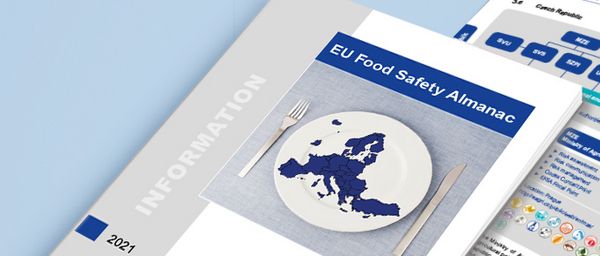Welcome to the BfR World Food Safety Almanac
A comprehensive reference tool in the field of food and feed safety
In today’s globalised world, ensuring food and feed safety demands an international approach—one that relies on close cooperation between countries and institutions.
The World Food Safety Almanac is designed to offer a valuable tool to easily find information about institutions or search for international partners to collaborate or network with. With this new release of the World Food Safety Almanac, it is aimed to further strengthen global interactions, harmonise existing practices and avoid duplication of efforts.
Advanced search
Select a country profile directly, search by relevant topic, or enter a keyword to quickly find the information about countries or institutions you are looking for.
About the Almanac
The World Food Safety Almanac is operated by the German Federal Institute for Risk Assessment (BfR) and is supported by our partners from all participating countries. Read more about the Almanac’s purpose, importance, and our commitment to providing up-to-date information.
How to read
Where and how can I find the information I am looking for? Visit the ‘How to read’ page for further information.
Description of topics
In order to illustrate the institutions' key topics of work and their responsibilities, pictograms were designed. You can find detailed explanations of each topic here.
Story of the Almanac
Find out how the Almanac began and access previous printed Almanac editions available for download in various languages.





















